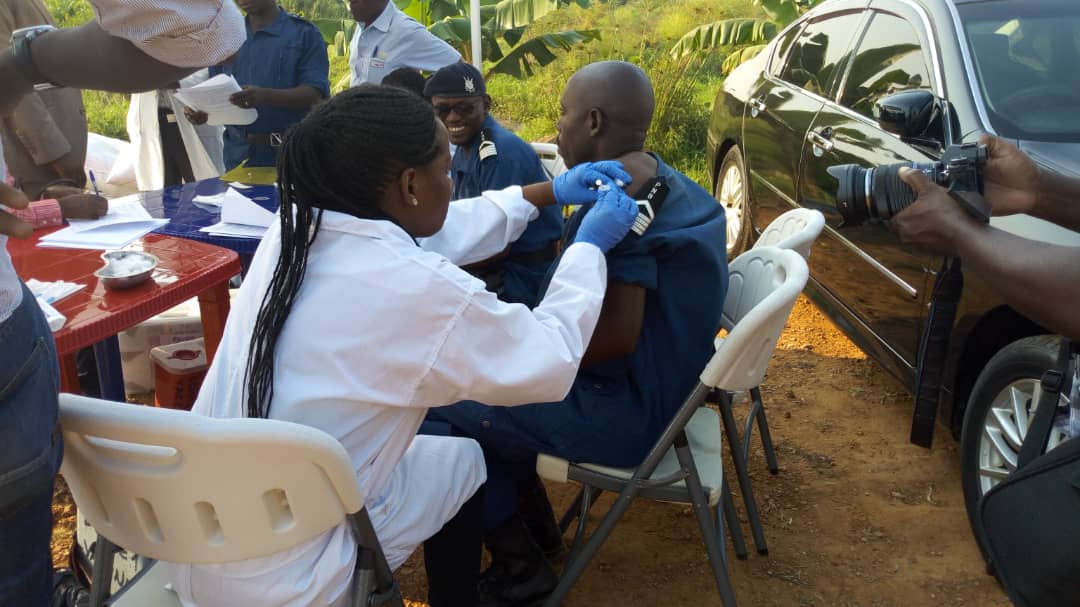Burundi has accepted the World Bank’s offer to deliver COVID-19 vaccines into the country, a remarkable reversal that has now left Eritrea as the only Africa country without such a plan.
“Anyone who wants will be vaccinated,” Health Minister Thaddee Ndikumana told a presser. “We have accepted the request of the World Bank to avail COVID-19 vaccines. The national committee on the prevention and fight against COVID-19 has however suggested that the ministry (of health) avails needed equipment to receive those vaccines.”
According to the World Health Organization, Burundi has registered only 6,715 cases and nine deaths. However, infections have increased in the northern parts of the country, near the border with Rwanda, health authorities say.
“COVID-19 in Burundi is under control, but new cases are still reported in three health districts, including the Bujumbura municipality center health district, the health district of Kiremba in Ngozi province and the health district of Kirundo in the province of Kirundo,” Ndikumana said.
Aside from the secretive state dubbed by human rights workers as “the North Korea of Africa”, Tanzania was the other vaccine denier but it too changed its policy after President Samia Hassan succeeded Magufuli in March. The U.S. donated 1.01 million Johnson & Johnson doses this week to Dar es Salaam, months after other African nations began their vaccination schemes.
Despite rejecting COVID vaccines, President Isaias Afwerki’s government has been praised by UNICEF for its strong immunization program against other diseases. In a statement published in June, the world body said, “Although Eritrea, like the rest of the world, was affected by the COVID-19 induced restrictions and lockdowns in 2020, that did not deter the Ministry of Health to pause or delay the routine immunization services for children and women.
“Even more laudable was the significant increase in vaccine uptake in 2020 as compared to 2019. The data revealed that 1,495,838 children received vaccination shots in 2020 as compared to 1,310,410 in 2019, which was 185,428 more children immunised – an increase of 14 per cent per cent as compared to the previous year.”
UNICEF attributed the success of these programs to “proactive efforts of the Ministry of Health (MoH) in intensifying community mobilization, which allayed the fears of the service providers and community members, as well as enhancing access to rural communities through outreach services.”
It further added that the MoH in 2020 conducted four rounds of integrated mobile outreach services in the 16 hard to reach districts in four regions of the country.
Eritrea has so far reported 6,539 cases and 34 deaths. It remains to be seen if Asmara will do a similar strong vaccination program for COVID.

